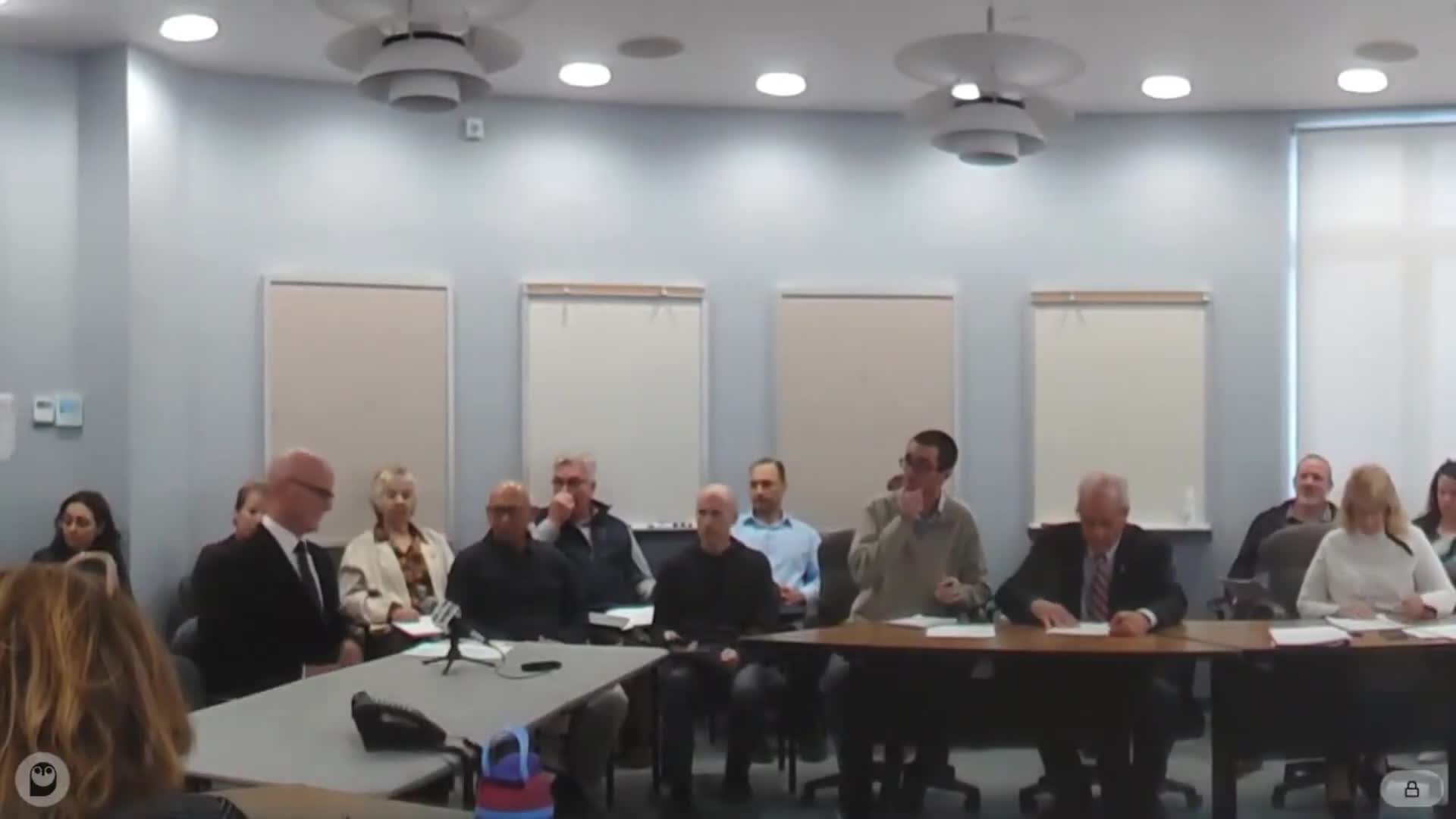Bedford County officials describe juvenile justice practices, limited placements and 68% rise in hearings
Get AI-powered insights, summaries, and transcripts
Subscribe
Summary
Judges, probation officers, the district attorney and the public defender told commissioners about juvenile court goals, efforts to limit out‑of‑home placements, staffing changes, resource limits and a reported 68% increase in juvenile court hearings between prior years and 2024.
A panel including Bedford County judicial and juvenile‑justice officials briefed the Board of Commissioners on juvenile justice operations, describing the system’s legal goals, current practices to limit out‑of‑home placements, staffing changes in probation and shortages in treatment and placement capacity.
Judge Brandy Hershey, who the presenters identified as the county’s delinquency and dependency judge, summarized the statutory goals set by the Juvenile Act: protection of the community, imposition of accountability and development of competencies to help juveniles become productive members of the community. She said the law requires use of the least‑restrictive means and described that many cases are resolved while juveniles remain at home, through informal adjustments, consent decrees or probation, while only the most serious cases are moved to placement facilities for intensive treatment.
Hershey and other speakers outlined several strategies the county uses to reduce placements: in‑home GPS monitoring, intensive probation with frequent home visits, enhanced coordination between children and youth services (CYS) and juvenile probation, and placement review hearings at least every three months to facilitate timely step‑downs. For juveniles remaining on probation, Hershey said review hearings occur at least every six months and earlier if necessary.
Bernard Smith, the county chief probation officer, described efforts to lower individual caseloads and grow the juvenile probation team after a period when a single juvenile officer carried roughly 60 cases. Smith said an ideal JPO caseload is about 20 cases for effective supervision and described adding staff, a part‑time supervisor and training responsibilities to reduce strain on individual officers.
District Attorney Ashley Clark and Bedford County Public Defender Karen Henderson emphasized the collaborative, non‑adversarial approach used in juvenile cases and the system’s focus on rehabilitation. Clark described diversion tools including informal adjustments, consent decrees (the juvenile equivalent of adult ARD) and probation. She and other presenters said placements are reserved for juveniles who present serious risk or have not responded to less‑restrictive measures; examples cited include sexual offenses, arson, stabbings, aggravated assaults and cases involving serious mental‑health needs.
Speakers warned of constrained placement resources and said detentions sometimes require transfer to out‑of‑county or out‑of‑state facilities; they noted statutory timelines that require a hearing within 72 hours of detention and frequent subsequent review hearings. Karen Henderson described juvenile cases as confidential and underscored the system’s preference for resolving cases without long‑term records when possible; she said juvenile proceedings move far faster than adult court and that rapid timelines put pressure on staff.
Panelists also described operational pressures: limited local treatment slots, the need to hand‑pick placements for specific treatment needs (for example, specialized fire‑setting programs), and cases where facilities decline placements for youths who have absconded, leaving counties to seek more secure — and costlier — options. Smith and others praised specific staff members by name for dedication and noted frequent after‑hours work to find placements or manage crises.
The presenters cited data from the state Juvenile Court Judges Commission and said juvenile court hearings in Bedford County rose by about 68% in 2024 compared with earlier years, driving more review hearings and administrative work. The briefing was informational; no formal county action or vote followed.
